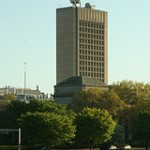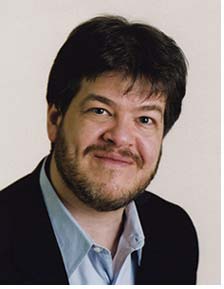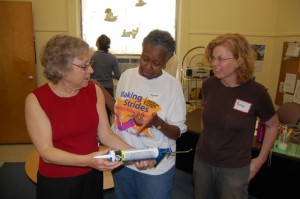 Last week Massachusetts passed the Stretch Code, which allows municipalities to adopt more stringent building codes than the state requires. Current building requirements are set by Massachusetts Building codes and have to be updated every three years to meet the international ICC building standards.
Last week Massachusetts passed the Stretch Code, which allows municipalities to adopt more stringent building codes than the state requires. Current building requirements are set by Massachusetts Building codes and have to be updated every three years to meet the international ICC building standards.
The new stretch code standards would require a Home Energy Rating System (HERS) rating of 60, which means about 40% lower energy use than a standard built home. Modeling experts estimate that the extra construction cost an additional $8,100 (above the base code), which translates to $530 a year over a 30 year mortgage. But annual energy costs would be reduced on average by $1,360, for a net savings to the homeowner of $830 a year— a net savings of approximately $300 per year. In addition, many of the additional construction costs will be covered by subsidies from the utilities.
Home renovations would require a HERS rating only when feasible and for new commercial buildings there are several options for meeting the Stretch Code. Commercial renovations, commercial buildings under 5,000 square feet, and specialty commercial buildings under 100,000 square feet (supermarkets, laboratories, warehouses) are all exempt from the proposal.
This is an excellent opportunity for communities like Cambridge, MA to forge ahead and adopt standards that will help it to meet its climate reduction targets. Buildings contribute to 80% of the total greenhouse gas emissions produced in Cambridge, MA. Adopting the stretch code could help Massachusetts communities reduce its emissions and save money that would otherwise go towards inefficient heating, cooling, and electric building needs.

 The conservative backlash against the Waxman-Markey Cap and Trade bill has started.
The conservative backlash against the Waxman-Markey Cap and Trade bill has started.

 A
A 
 Last week
Last week